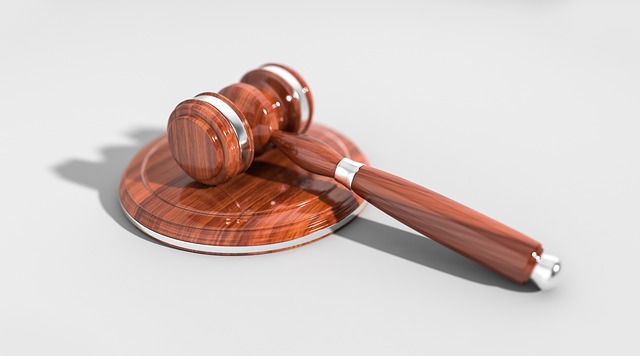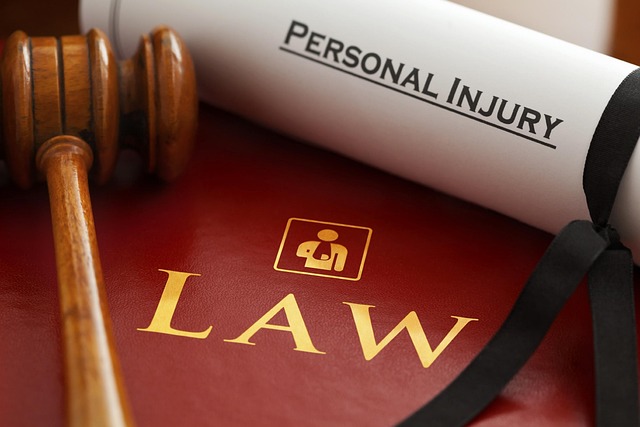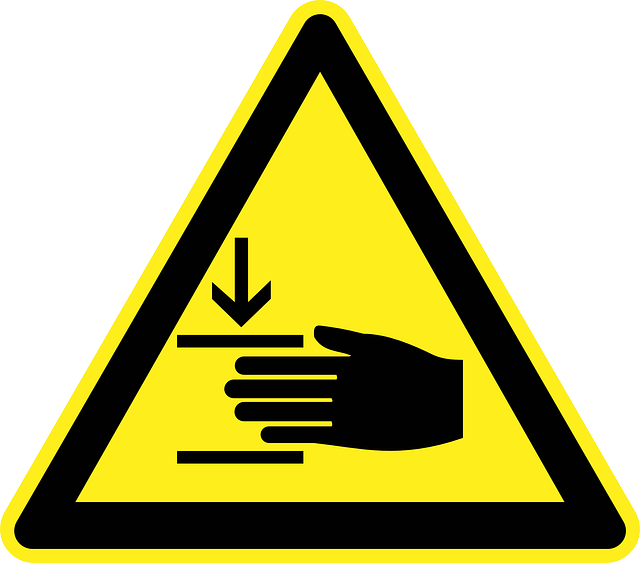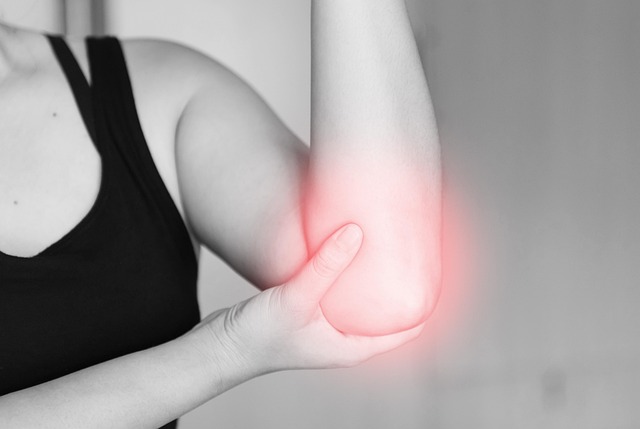After a car accident, determining car accident compensation involves assessing both immediate and long-term physical injuries, including medical expenses and property damage. Insurance companies cover repair costs based on inspection findings, and disputes may arise over coverage limits. Non-economic losses like pain and suffering, emotional distress, and reduced quality of life are also considered, with compensations reflecting the severity of injuries and impact on daily life. Engaging a qualified truck accident attorney or utilizing homeowner insurance claims can ensure fair compensation for all aspects of car accident damages.
In the aftermath of a car accident, understanding your potential compensation is crucial. This article delves into the various types of damages often associated with car accident compensation, helping you navigate this complex landscape. From physical injuries and medical expenses to property damage and non-economic losses like pain and suffering, each aspect plays a significant role in determining fair reimbursement. Familiarize yourself with these elements to ensure you receive adequate compensation for your troubles.
- Physical Injuries and Medical Expenses
- Property Damage and Reparation Costs
- Non-Economic Losses and Pain & Suffering
Physical Injuries and Medical Expenses

In the aftermath of a car accident, one of the primary considerations in seeking car accident compensation is the extent and impact of physical injuries sustained by the victims. These injuries can range from minor abrasions to severe traumas that may require extensive medical care and rehabilitation. The immediate focus often revolves around emergency treatment and managing acute pain or life-threatening conditions. However, long-term implications and ongoing healthcare needs are also essential aspects to be addressed in any car accident compensation claim.
Medical expenses form a significant component of such claims, encompassing not only the initial treatment but also subsequent visits, surgeries, medications, and physical therapy sessions. Victims may require specialized care or face lasting disabilities that necessitate continuous medical support. Understanding these expenses and their potential impact on future financial stability is crucial when dealing with personal injury cases, especially when considering a truck accident attorney for representation or navigating homeowner insurance claims.
Property Damage and Reparation Costs

After a car accident, one of the immediate concerns is often the financial impact, especially when it comes to property damage. This includes not only the cost of repairing or replacing damaged vehicles but also any loss or depreciation in value. In car accident compensation claims, insurance companies typically assess and cover these repair costs based on the extent of the harm. The process involves a detailed inspection to determine the necessary repairs and their associated expenses.
Additionally, property damage may extend beyond vehicles. It can encompass the destruction or diminution in value of personal belongings within the vehicle or even nearby structures if the accident was severe. In cases of significant property loss, individuals might face what’s commonly known as an insurance dispute, particularly when partnerships disagreements arise over coverage limits and responsibilities. Efficient legal guidance is crucial to navigate these challenges and ensure fair car accident compensation.
Non-Economic Losses and Pain & Suffering

In the context of car accident compensation, non-economic losses refer to damages that are more subjective and difficult to quantify. This category includes elements like pain and suffering, emotional distress, and loss of quality of life. These types of losses can have a profound impact on an individual’s well-being and daily functioning, making them significant components in car accident compensation cases.
Pain and suffering is a broad term that encompasses the physical and mental anguish experienced by victims after a car accident. It includes both immediate pain and any lasting discomfort or emotional trauma resulting from injuries sustained. When determining compensation for these non-economic losses, courts often consider factors such as the severity of injuries, duration of medical treatment, and the victim’s ability to engage in activities they previously enjoyed. Ensuring that individuals receive adequate compensation for their pain and suffering is crucial in recognizing the human cost of auto accident injuries, similar to how homeowner insurance claims take into account non-monetary damages during property disputes.
When seeking car accident compensation, understanding the various types of damages is crucial. From physical injuries and medical expenses to property damage and non-economic losses like pain and suffering, each element plays a significant role in determining fair reimbursement. By thoroughly documenting and presenting these damages, individuals can ensure they receive comprehensive compensation for all hardships endured as a result of a car accident.






